Music is a universal language. It connects people in ways words sometimes can't. Whether we're tapping our feet to a catchy beat, finding peace or revisiting memories in a familiar tune, music has a unique ability to make us feel better. This is where music therapy steps in, offering not only emotional healing but also physical and mental support.
At Music24 we have first-hand experience of the transformative influence that music has on people’s lives. Bringing music therapy principles to our community music group sessions, we help individuals across Hertfordshire and Bedfordshire who live with dementia, learning disabilities, and mental health conditions. Every week, we demonstrate the profound benefits of music therapy and the powerful impact it has on people’s lives.
What is Music Therapy?
Music therapy is an evidence-based practice that uses music to address physical, emotional, cognitive, and social needs. Trained music therapists, qualified in both music and therapeutic techniques, use music in a structured and purposeful way to help individuals achieve improved communication skills, enhanced cognitive function, emotional expression and creativity.
Unlike simply listening to music, music therapy is an active, therapeutic process. Sessions can involve activities like playing instruments, singing, songwriting, or even rhythmic exercises. The therapist tailors the activities to each individual's needs, using music to develop an ever-growing sense of accomplishment, self-expression, and connection.
The Benefits of Music Therapy
Improved Cognitive Function For people living with dementia or Alzheimer’s, music therapy can improve memory and cognitive function. Music activates areas of the brain simultaneously, including those involved in memory, attention, and emotional processing. For individuals with dementia, listening to familiar songs or participating in music-based activities can trigger memories and help reduce confusion or agitation.
Emotional Expression and Healing Many people with mental health conditions struggle to express their emotions. Music provides a safe outlet for self-expression, helping individuals connect with their feelings and express them in a non-verbal way. The rhythms, melodies, and harmonies of music can bring a sense of calm and joy by making music ‘in the moment’.
Social Connection Group music therapy sessions provide a unique opportunity for individuals to engage socially, creating bonds with others in a supportive, non-judgmental environment. Whether it's singing together, playing instruments in unison, or just sharing the experience of music, these sessions encourage collaboration, reduce isolation, and create a sense of belonging.
Physical Benefits Music therapy can also have a positive impact on physical health. For people with physical disabilities or those recovering from illness, rhythmic music can improve coordination, motor skills, and muscle strength. Percussion instruments, for example, can help develop motor skills, while dancing or movement activities can improve balance and mobility. Singing is also proven to benefit those living with lunch conditions and improves breathing.
Reduced Anxiety and Stress Music has the power to soothe and relax. This is particularly helpful for individuals with mental health conditions like anxiety or depression. The calming effects of music can help lower heart rates, reduce blood pressure, and promote a state of relaxation, making music therapy an effective tool for overall well-being.
Music24 Brings Therapeutic Music Sessions to the Heart of the Community
Everyone is a musician in our eyes! Music24 is dedicated to providing high-quality music therapy-based services to individuals in Hertfordshire and Bedfordshire. Our weekly community music group sessions offer a space for people living with dementia, learning disabilities, and mental health conditions to experience the benefits of therapeutic music sessions in a welcoming and supportive environment.
Each week, we bring people together to participate in music-based activities, all under the guidance of trained, qualified music therapists, our session support workers and experienced volunteers. The community music groups offer a safe and inclusive space where everyone can take part, regardless of their ability level, whether it's joining in with a simple percussion instrument, singing along, or participating in more complex musical activities, the goal is to nurture a sense of togetherness and achievement.
How Music24 is Making a Difference
For over ten years, Music24 has been making a difference to people throughout Bedfordshire and Hertfordshire. From providing our Dementia group service users with the opportunity to connect with their carers, loved ones and others in the group through song and gentle dance, to those with learning disabilities who we support by helping them to gain confidence, enhance their creativity and build social skills; Music24’s work is a testament to the transformative power of music.
One participant, who struggles with their mental health, recently shared how our sessions had brought a sense of purpose and joy back into their life.
“I’m on medication for ADHD and Bipolar, but you need more than medication to take care of mental health conditions. Music24 gives me an opportunity to create music and it is very therapeutic. It helps if I’m in a depression, I’ll come out and be in a good mood.” They went on to explain, “Music24 gives a really spontaneous, generative form of creativity that is very immediate and wonderful. It’s jamming really. When I leave each session I’m on a great note; I have a spring to my step. It makes me feel enabled, very happy and full of potential. ”
Music is a powerful tool for healing, health and wellbeing, through it we can inspire change and improve lives.
If you or a loved one could benefit from Music24’s services, please contact us by email info@music24.org.uk or telephone 01582 250024.


